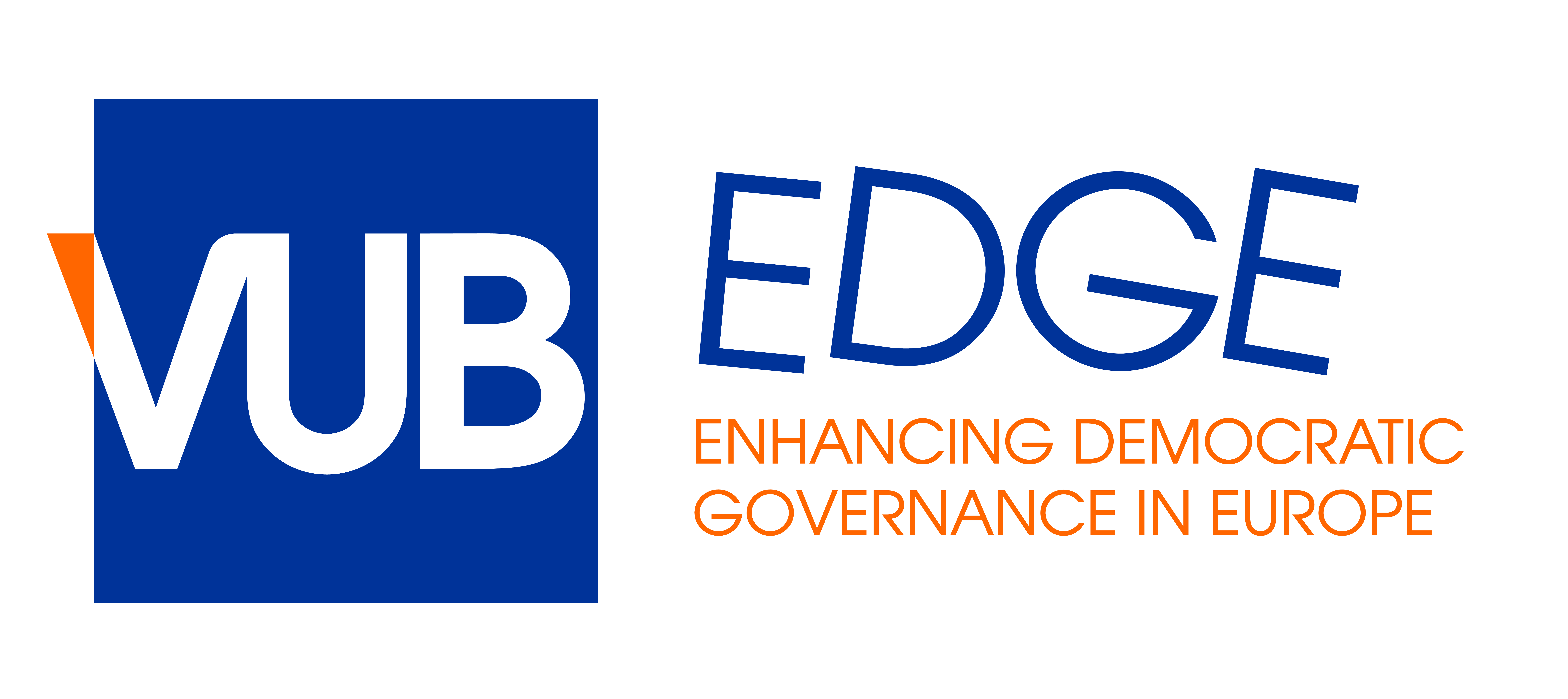Resilient Institutions: The Impact of Rule Change on Policy Outputs in European Union Decision-Making Processes
| Organisers: Dr. Angela Tacea, FWO postdoctoral fellow at the Institute for European Studies at the VUB; & Ariadna Ripoll Servent, professor of political science at the University of Bamberg. |

|

|
The evolution of the inter-institutional balance of powers has been a constant feature of the European integration process. At the same time, we know little about how changes in rules such as the empowerment of the European Parliament and the European Council, the development of non-legislative decision-making, and the expansion of informal trilogues and early agreements have on policy outputs. Most research has focused on the distribution of power between the main EU institutions, but very little effort has gone into investigating to what extent these shifts affect the content and depth of policies decided on the European level: What effect has the ordinary legislative procedure on environmental or agricultural policies? Have they become more environmentally friendly or more oriented towards the interests of big producers? To what extent has the empowerment of the European Council determined the success or failure of certain policy solutions in areas like migration or employment?
In a context dominated by crises and polarisation, it is particularly important to understand how changes in rules lead to shifts in inter-institutional power dynamics and how these, in turn, affect policy outputs. Therefore, this workshop examines:
1) The impact of rule change on the positions of institutional actors;
2) the capacity of the European Parliament, the Commission, and the Council to impose their substantive policy preferences under different legislative procedures;
3) how this shapes the extent and type of policy change in EU decision-making processes;
and 4) the influence of the European Council on intra- and inter-institutional dynamics.
It does so by discussing the use of various methodological alternatives to the study of institutional preference formation. It also focuses on how to determine shifting inter-institutional influence beyond formal constitutional rules and what impact these shifts in the institutional environment have for broader questions of transparency, accountability, and the legitimacy of EU decision-making institutions.
* This event is free of charge and will take place online via Zoom (the link will be shared with the registered people the day before). PLEASE, REGISTER using the form below.
* Find the ACADEMIC PROGRAMME & THE TIMETABLE as an attachment below.
